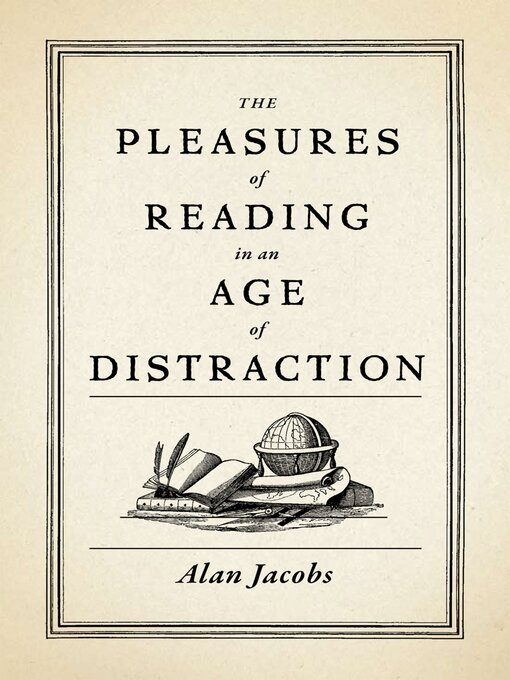- New eBook additions
- Start Something Good
- Available now
- New kids additions
- Black History Beyond February
- New teen additions
- Most popular
- Weird and Wonderful Fiction
- Try something different
- Libros de Ficción en Español para Adultos
- Libros de No Ficción en Español para Adultos
- Texas by the Book
- Kids in the Kitchen Cookbooks!
- See all ebooks collections
- Available now
- Start Something Good
- New audiobook additions
- Texas by the Book
- Black History Beyond February
- New kids additions
- New teen additions
- Most popular
- Try something different
- Audiolibros de No Ficción en Español para Adultos
- Audiolibros de Ficción en Español para Adultos
- Royal Drama!!
- Science Fiction Goes Beyond - BEANSTACK
- See all audiobooks collections
- 1,000 Books Before Kindergarten: Picture Books to Read Together
- Bringing Up Baby: Books for Babies and the People Who Raise Them
- Bedtime Stories to Share
- ABCs, 123s and More: Picture books that teach basic concepts
- Board Books for Babies
- Trucks, Cars and Things That Go
- New Picture Books
- Always Available Picture Books to Share with Kids
- 5 Minute (or Less!) Stories
- Read and Listen Titles
- Sunny Days: Celebrating Sesame Street
- Clifford the Big Red Dog
- How to Catch a . . .
- See all 1000 books before kindergarten collections



